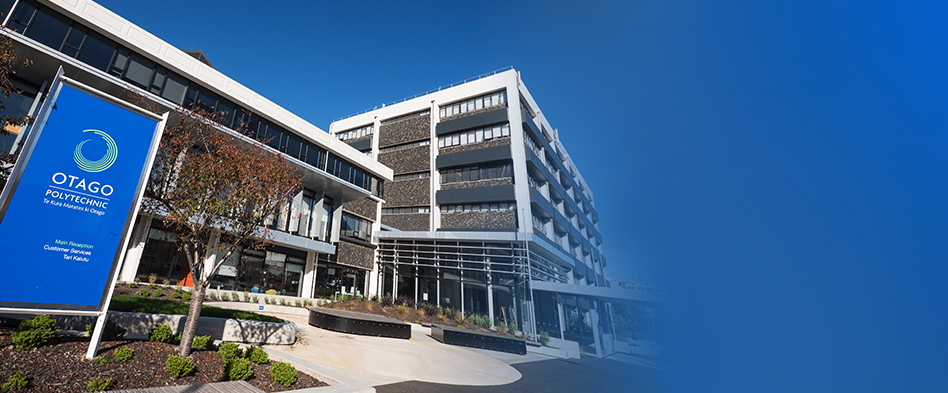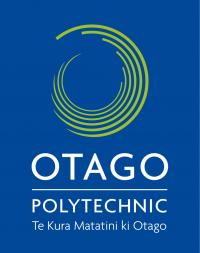Master of Midwifery
This internationally-recognized program has a strong research focus and builds on the knowledge and skills gained during the Postgraduate Diploma in Midwifery through the provision of more demanding and intensive study. There are two options for completing this program. You can complete a 120 credit midwifery thesis or in some instances a 60 credit midwifery dissertation. The thesis option enables you to complete a piece of original research based on higher-order skills of analysis and critical evaluation. Both pathways also require the completion of two compulsory prerequisite courses: Knowledge and Theory in Midwifery, and Research Methods in Midwifery.
During this program, you will benefit from the support and advice from experienced lecturers and make use of our extensive networks to increase your career prospects. You are required to attend two Thesis Schools annually; these are online so you can attend from wherever you are studying. The Thesis Schools are an opportunity for you to present your progress to lecturers and your peers in the program, to seek feedback and contribute to the discussions about the work of others, a fertile ground for great ideas!
Intakes
- Feb
- July
Application Processing Time in Days: 10
Application Process
Minimum English Language Requirements
| English Level Description | IELTS (1.0 -9.0) | TOEFL IBT (0-120) | TOEFL CBT (0-300) | PTE (10-90) | |
|---|---|---|---|---|---|
| Expert | 9 | 120 | 297-300 | 86-90 | |
| Very Good | 8.5 | 115-119 | 280-293 | 83-86 | |
| Very Good | 8 | 110-114 | 270-280 | 79-83 | |
| Good | 7.5 | 102-109 | 253-267 | 73-79 | |
| Good | 7 | 94-101 | 240-253 | 65-73 | |
| Competent | 6.5 | 79-93 | 213-233 | 58-65 | |
| Competent | 6 | 60-78 | 170-210 | 50-58 | |
| Modest | 5.5 | 46-59 | 133-210 | 43-50 | |
| Modest | 5 | 35-45 | 107-133 | 36-43 | |
| Limited | 4 | 32-34 | 97-103 | 30-36 | |
| Extremely Limited | < 4 | < 31 | < 93 | < 30 |
Job Opportunity Potential
Career planning and decision making
Career is a whole of life concept and not just what you are currently doing as a ‘job’. It is the Interrelatedness of all things currently in your life – study, leisure, family, friends, voluntary and/or community work, and how you fit it all together.
Career Planning
There are so many choices and options available and this can make planning your career quite difficult. The new 'world of work' requires you to be in charge of creating your own career; managing it will be a life-long journey.
Your most important asset is yourself. Therefore, the more you invest in yourself in the form of skills and knowledge development, self-awareness, networking and gaining relevant experiences, the more you expand your opportunities.
Self-assessment
Self-assessment or self-understanding is the process of knowing yourself. Before you can decide what you want to be, you first have to define who you are.
As you continue to develop both personally and professionally throughout your career, it will be necessary for you to re-assess yourself periodically in relation to your career goal provider.
Career Exploration - The World of Work
It is important to explore the 'world of work' before making a career decision to ensure that you are well informed of the work environment. Knowing where the jobs are and how easy it is to get them will influence your choices. Being aware of the obstacles or trends in the world of work will help you make career enhancing decisions to enable you to transition into successful employment.
Career pathways
From the information from your research select the one job that most appeals to you. Taking into consideration all of the information that you have gathered so far about yourself, and any other information, identify why you have chosen one particular path over the other. You could do this by drawing up a table where you list advantages and disadvantages.
Developing your action plan
Once you know what direction your career goal is in, you need to develop a career action plan. A career action plan helps to clarify directions and decision making.
Put the plan into action
The final step in the career plan is Deliver. Now you need to put your plan into action and make it happen. Start the journey towards a career you will love.
PSW Opportunity
- During study, all students on a student visa can work up to 20 hours per week during semester and full time during vacations.
- After completing Level 7 Bachelor’s Degree or Higher Qualification, a student will get a three years open post-study work visa.
- After completing Level 8 Post Graduate courses of 1 year, students get 1 year PSW.
Admission Requirement / Eligibility Criteria
To enter Otago Polytechnic’s undergraduate certificates, diplomas, and degrees, you need to have achieved a secondary school qualification that is equivalent to New Zealand’s NCEA levels (National Certificate of Educational Achievement).
India
NCEA Level 2
Equivalent entry requirements for certificates and diplomas
- At least 55% average across 4 academic subjects in CBSE, HSC or ISC with at least 60% in English, or equivalent in other boards
NCEA Level 3
Equivalent entry requirements for bachelors' degrees and selected diplomas
- At least a 70% average over 4 academic subjects in CBSE, HSC, or ISC with at least 60% in English, or equivalent in other boards.
Nepal
NCEA Level 2
Equivalent entry requirements for certificates and diplomas
- Higher Secondary Certificate with 1st division pass.
NCEA Level 3
Equivalent entry requirements for bachelors' degrees and selected diplomas
- Successful completion of one year’s tertiary study at a recognized institution. Or successful completion of an Otago Polytechnic certificate program.
Sri Lanka
NCEA Level 2
Equivalent entry requirements for certificates and diplomas
- 4 GCE O Levels with grades ranging from A-C
NCEA Level 3
Equivalent entry requirements for bachelors' degrees and selected diplomas
- Sri Lankan GCE A Levels with passes in at least 3 subjects.
- Or successful completion of an Otago Polytechnic certificate program.
For International midwifery students who are not registered in New Zealand:
If English is not your first language, you must provide:
Overall Academic IELTS 6.5 (achieved in one test completed in the last two years)
Speaking band >/=7.0
Listening band >/=7.0
No individual band less than 6.0
- Course Type: Online
- Course Level: Masters/PG Degree
- Duration: 02 Year
-
Total Tuition Fee:
56440 NZD
Annual Cost of Living: 20000 NZD
Application Fee: N/A

